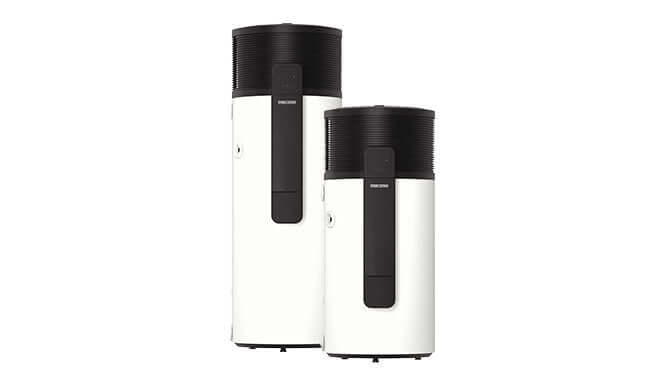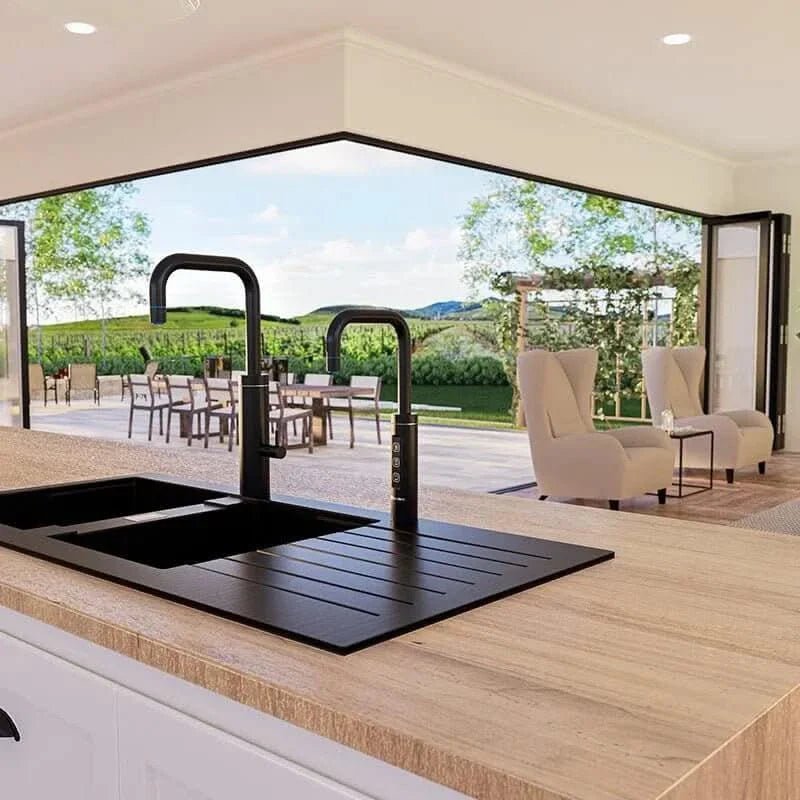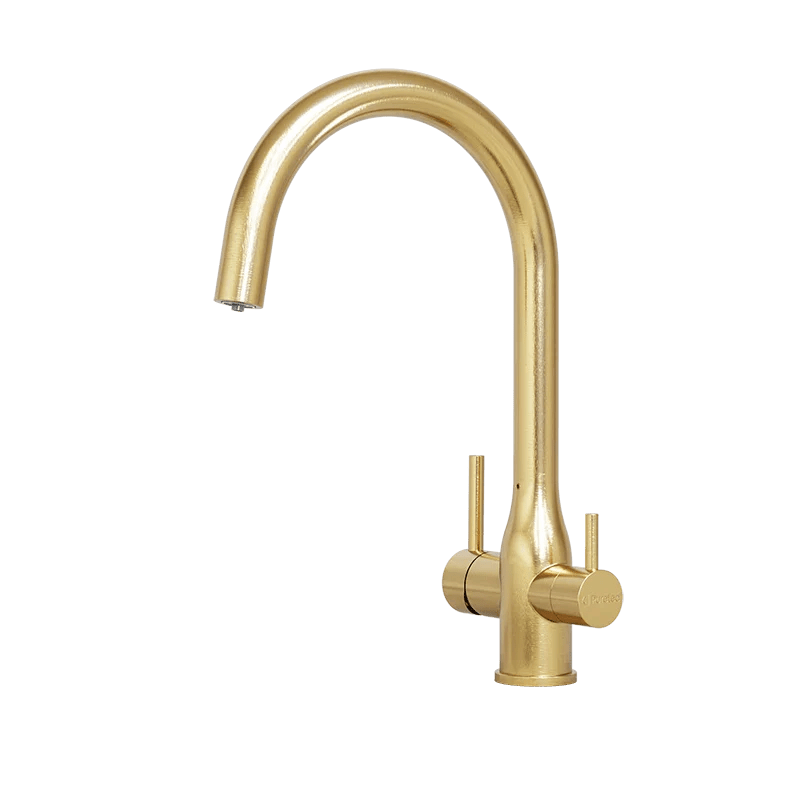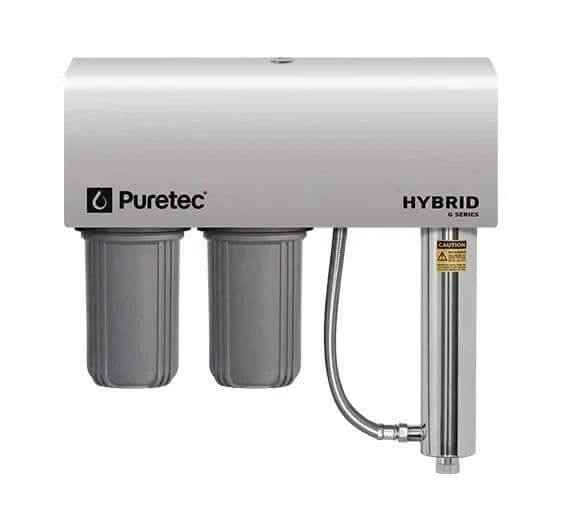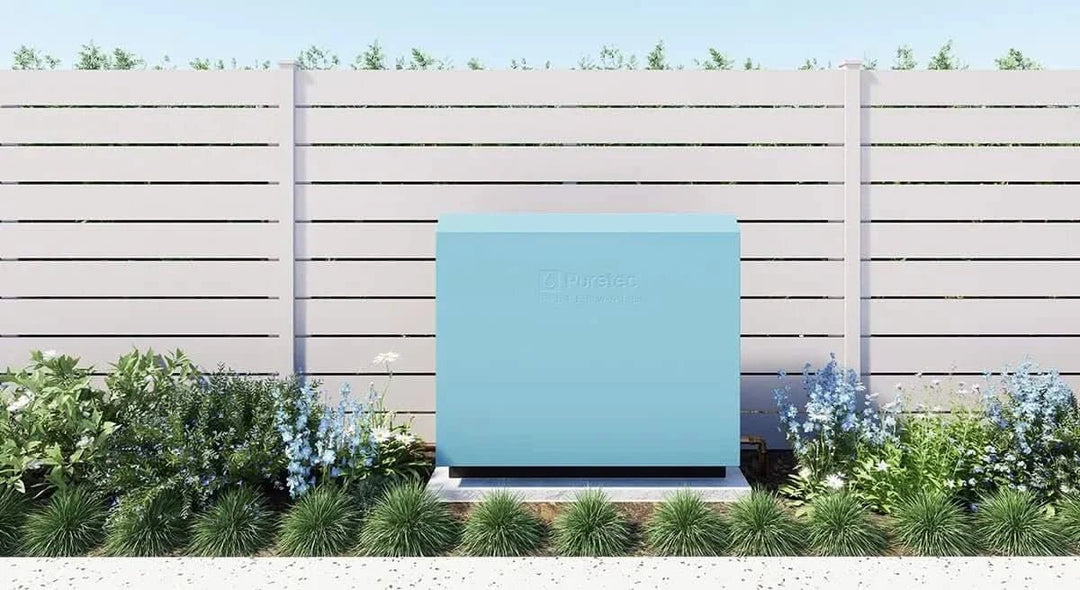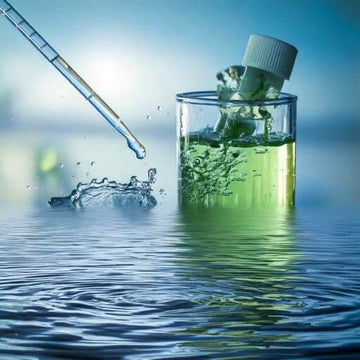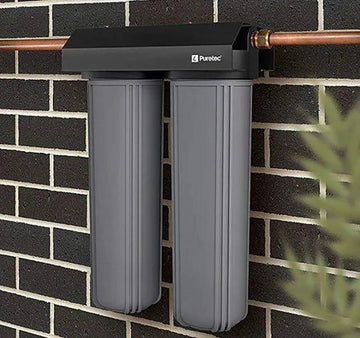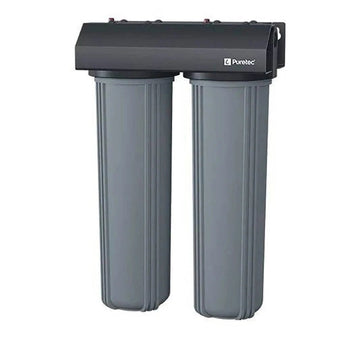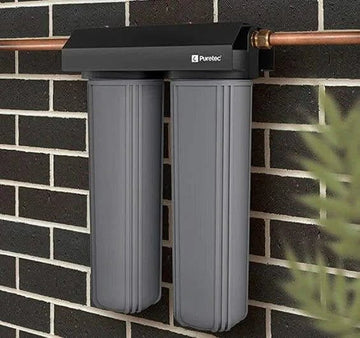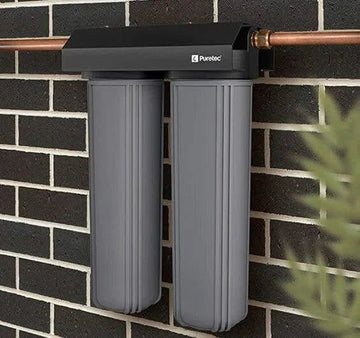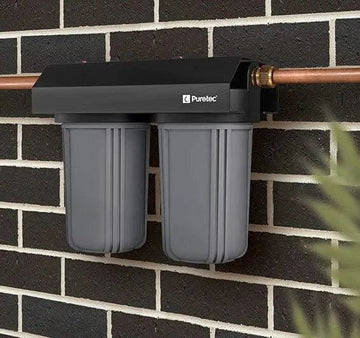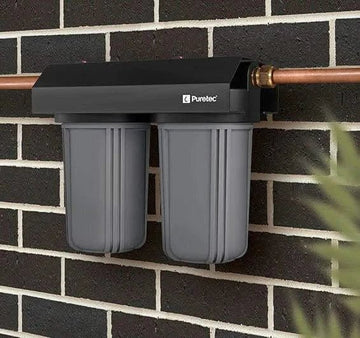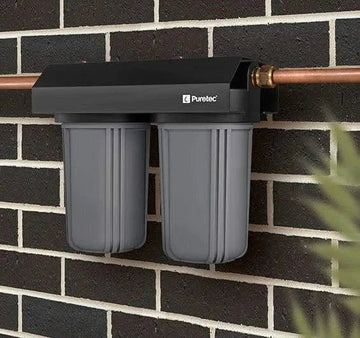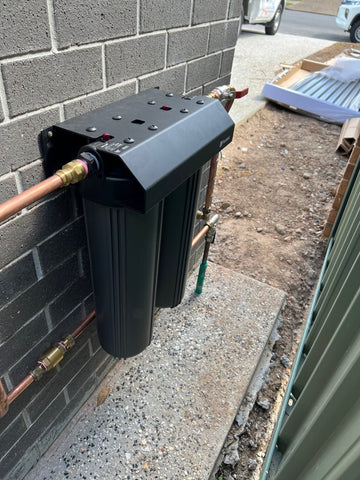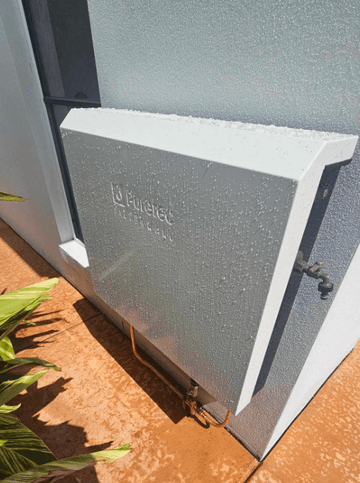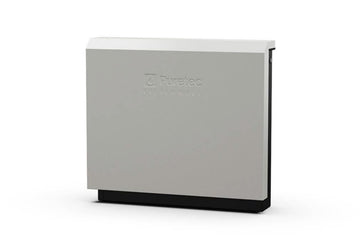When it comes to clean, safe, and great-tasting water, a high-quality water filtration system is a must. At JR Gas & Water, we specialize in supplying and installing premium water filters to ensure your home has pure, contaminant-free water straight from the tap.
Whether you need whole house filtration, under-sink filters, or a sparkling water tap, we offer expert guidance, professional installation, and competitive pricing on top brands like Puretec, Billi, and Zip.
🏆 Award-Winning Service & Trusted Expertise
We are a 2023 ProductReview.com.au award winner for Best Plumbers and Best Home Care Store, recognized for our outstanding customer service and quality installations. When you choose JR Gas & Water, you’re working with a trusted name in water filtration that puts your health and safety first.
✅ Why Install a Water Filtration System with JR Gas & Water?
✔️ Removes chlorine, heavy metals & sediment for safer drinking water
✔️ Improves water taste & smell – Say goodbye to tap water odors
✔️ Protects your appliances – Reduces scale buildup in taps & pipes
✔️ Eco-friendly – Cut down on bottled water waste
✔️ Expert installation for optimal performance & efficiency
✔️ Leading brands – Puretec, Zip, Billi, and more
We supply and install only the best water filtration systems, ensuring clean, fresh, and safe water for your home.
💧 Specialists in Water Filtration Systems
Unlike generic plumbing companies, water filtration is one of our specialties. We ensure:
✔️ Correct system selection – Tailored to your water source & needs
✔️ Precision installation – No leaks, no pressure drops, just pure water
✔️ Professional setup & testing – Ensuring peak performance
✔️ Expert guidance – Helping you choose the right filter for your home
From whole house filtration to under-sink and fridge filters, we provide solutions for every household.
🔹 Types of Water Filtration Systems We Install
1️⃣ Whole House Water Filtration
✔️ Filters all water entering your home
✔️ Removes chlorine, sediment & chemicals
✔️ Extends the life of plumbing & appliances
💡 Best for: Homeowners looking for clean water at every tap.
2️⃣ Under Sink Water Filters
✔️ Compact & efficient filtration
✔️ Improves drinking & cooking water quality
✔️ Easy cartridge replacement
💡 Best for: Those wanting clean water straight from their kitchen tap.
3️⃣ Sparkling & Chilled Water Taps
✔️ Filtered sparkling, chilled & boiling water on demand
✔️ No need for plastic bottles or soda makers
✔️ Premium brands like Billi & Zip
💡 Best for: Homes wanting a luxury water upgrade.
🛠 Quality Installation & Attention to Detail
At JR Gas & Water, we don’t just install filters—we ensure they function at their best.
✔️ Professional installation for maximum water purity
✔️ Testing & system optimization before we leave
✔️ Neat & tidy workmanship with no mess left behind
We set up your filtration system properly, ensuring cleaner, healthier water from day one.
⚡ Fast Service & Ongoing Support
Need help? We’ve got you covered!
✔️ Quick response times for repairs & maintenance
✔️ Cartridge replacements & servicing available
✔️ Warranty support on all products & installations
With JR Gas & Water, you never have to worry about filter replacements or servicing—we handle everything for you.
💰 Competitive Pricing & Trusted Brands
Through our strong supplier relationships, we provide:
✔️ Competitive pricing on leading brands
✔️ Access to exclusive deals & package discounts
✔️ Warranty-backed products for long-term reliability
We supply and install only the best water filtration systems, ensuring clean, great-tasting water for homes across Brisbane & Gold Coast.
⭐ Proven Reputation & 5-Star Reviews
Don’t just take our word for it—our customers love their water filtration systems!
✔️ Hundreds of positive reviews
✔️ Highly rated for customer service & quality workmanship
✔️ Trusted by homeowners across Brisbane & Gold Coast
We take pride in our exceptional reputation and stand by every installation we complete.
💧 Get Pure, Filtered Water in Your Home Today!
🚀 Same-day & next-day installation available
🔧 Expert water filtration specialists
💰 Competitive pricing & expert advice
Get a free quote today!


